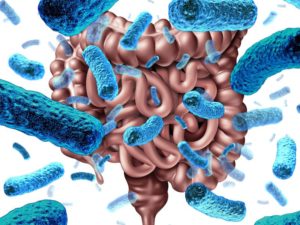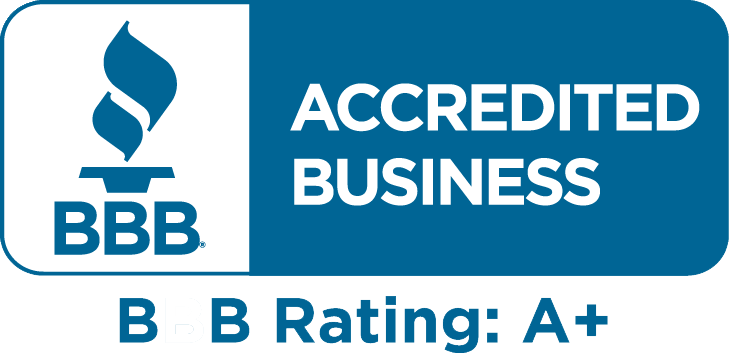What is the Human Microbiome and Why is it so Important to Your Health?
Your body is more than a patchwork of organs, muscles, bones, nerves, and bio-chemicals, including the nucleic acids DNA and RNA. It is a “supraorganism” that also contains trillions of organisms. Most of these microbial cells are bacteria that reside in our gut. The human microbiome also consists of the genes that are hosted on these bacteria.
Although humans are 99.9% identical to one another in terms of their genetic material, we can be 80-90% different from one another in terms of the microbiome of our hands or gut. It will be interesting to see how future medicine utilizes an individual’s genetic and microbiome makeup to devise a care plan.
What we do know is that it’s vital to our overall health to maintain the balance of probiotics or “good bacteria” in our gut. The human microbiota consists of the 10-100 trillion symbiotic microbial cells harbored by each person, primarily bacteria in the gut; the human microbiome consists of the genes these cells harbor.1

Restoring Probiotic Balance Within the Human Microbiome
The 400 to 500 different types of bacteria in our gut weigh approximately four pounds. Our intestines are in a constant balancing act trying to make sure the probiotics, outweigh the number of harmful bacteria.
Probiotics excrete chemicals that combat the daily bombardment of toxins and pathogens (bacteria, fungus, parasite and viruses) that enter our digestive system through poor or contaminated food, and through our skin and mucous membranes. Our digestive tract contains a major component of our immune system, and probiotics are actually beneficial to immune health. Probiotics also aid in the absorption of important minerals such as calcium, copper, iron, magnesium and manganese, and produce several types of acid (lactic, acetic and formic), which lower the intestinal pH and discourage harmful organisms that thrive in alkaline environments, especially yeast.
But the balance between good and bad bacteria is delicate, and is often thrown off by consumption of foods high in sugar, fat and carbohydrates, and synthetic chemicals. The balance is also destroyed when we take antibiotics, which destroy both good and bad bacteria.
One of the most common uses for probiotics is to rebuild the microbiome after taking antibiotics, which kill the good bacteria in our gut. But probiotics are more than just a digestive support. Scientists continue to study and discover new things about the microbiome. In the meantime, there are actions you can take to support your own microbiome health.
Maintaining Your Own Healthy Microbiome
1. Eat a diet rich in fiber, including fresh fruit and vegetables, grains, legumes and nuts, to flush out harmful toxins and maintain regularity.
2. Eliminate or reduce “microbial assassins”. This includes refined carbohydrates (junk foods), artificial sweeteners, food additives, smoking, vaping, processed meats, and high-fat diets.
3. Don’t use anti-microbial soaps that can be disruptive to your microbiome health.
4. Drink plenty of purified water.
5. Eat probiotic foods. These contain bacteria that support gut health: fermented foods such as yoghurt, kefir, sauerkraut and kombucha.
6. Include prebiotic foods. These are dietary fibers that also feed the good bacteria in your gut. For example: artichokes, asparagus, garlic, onions, sun chokes oats, barley, bananas, berries, chicory legumes, green vegetables.
7. Try supplements that support your gut health that include probiotics. Probiotics help support regularity as they provide the gut with healthy bacteria which in turn promote healthy digestion. In turn, this also supports immune health!





